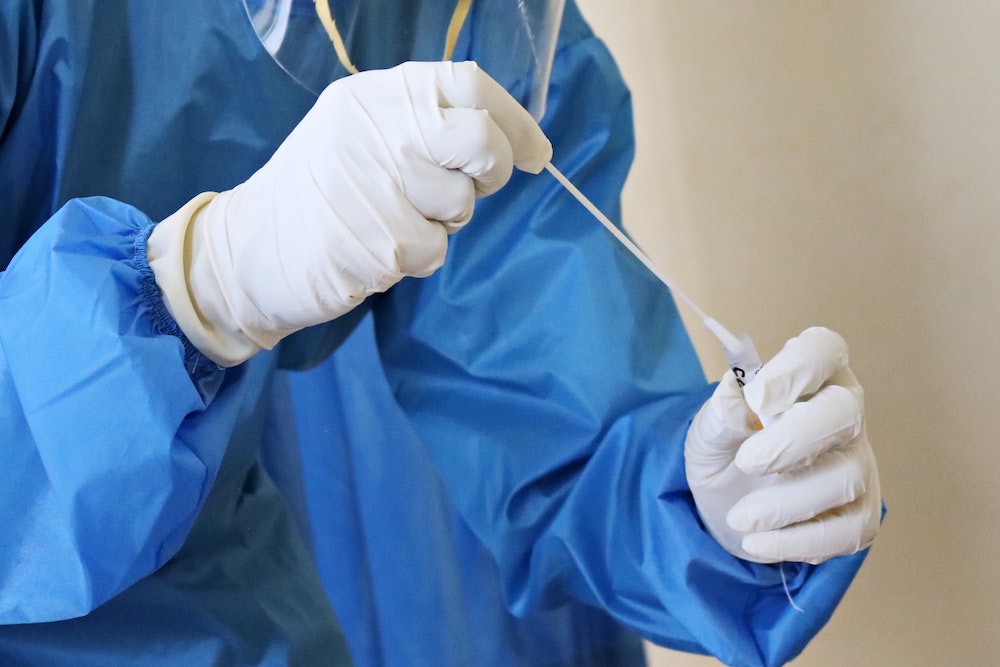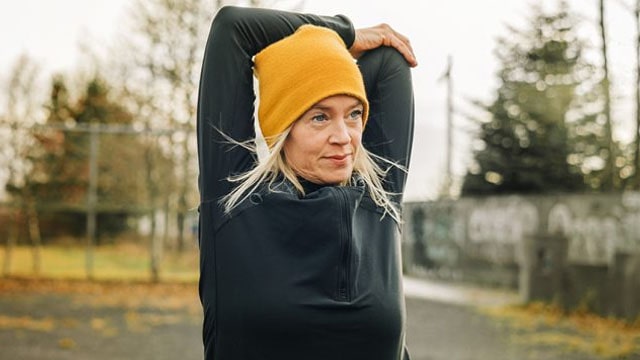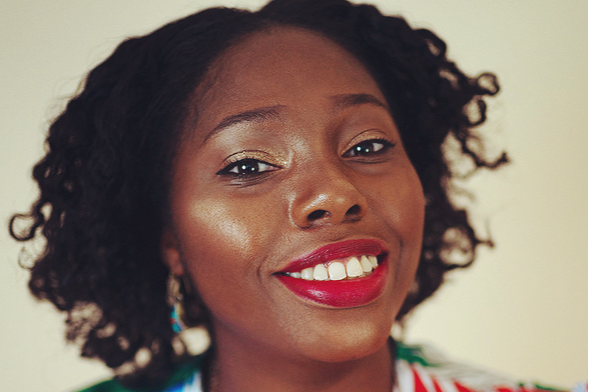*Promoted content
Face masks and coverings have become a common sight in public places. And whether it’s out of choice or due to new rules set by your country’s government, the reason for wearing them is the same — to help reduce the spread of coronavirus.
As experts believe the virus is spread when people cough, sneeze, or simply breathe out, wearing a face mask can help limit the spread of coronavirus.
But which type of face covering or mask is best?
The answer depends on your specific needs.
Some people should not wear a mask. This includes children aged 2 or younger, anyone who can’t remove their mask without help and anyone with breathing problems.
Non-medical face masks
When it comes to the general public, health agencies and governments recommend wearing coverings or masks made from cloth. These can be resuable or single-use.
Reusable fabric masks
A reusable mask may cost more initially, but it can save you money in the long term, especially if you wear it daily.
And with many companies – from high-street stores to sports brands and designer labels – selling fabric face masks, the options are endless.
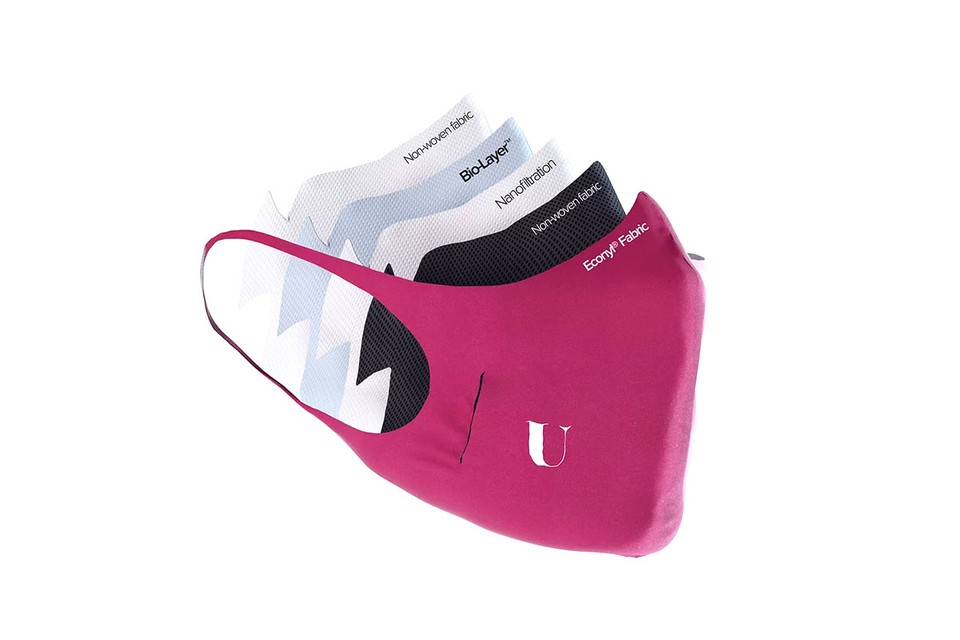
The U-Mask
If you want a reusable mask that's easy to clean and tough on keeping viruses and bacteria out, take a look at the U-Mask. According to its makers, Italian company U-Earth, the U-Mask isn't your average face mask. It's a biotech mask that uses a host of different technologies to make sure you're really protected.
This protection begins with a thin, flexible and easy-to wash fabric that's made from recycled materials.
Inside that sits a 4-layer filter that, according to U-Earth, doesn't just block viruses and other air particles on the mask's surface, it destroys them inside the mask.
This means there's less chance of bacteria growing inside the filter between uses, and this matters because the filter is guaranteed for up to 200 hours of use.
All you need to do is wash the outer layer and wipe the inner filter with a cleansing wipe or cloth between each use.
The U-Mask is also CE registered at the Italian Ministry of Health, which means it conforms to health, safety and environmental standards for products sold in Europe.
A U-Mask costs €39 and can be bought from U-Earth's online store, with worldwide shipping.
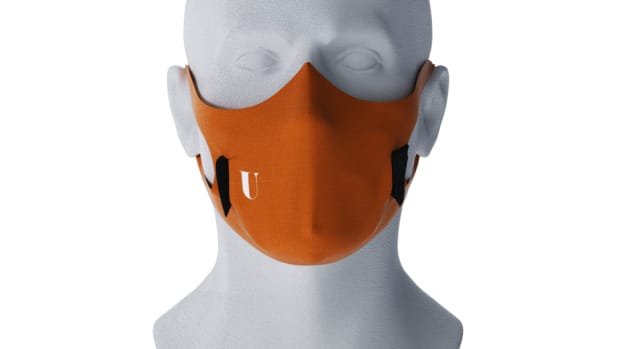
Other reusable designs
Other high-tech options on the market include Pacamask, which has a double anti-bacterial layer and water-repellent fabric.
Casetify is another option. For every mask you buy, the company will donate another to the not-for-profit organisation, Direct Relief, for use by frontline health workers.
Disposable masks
Disposable masks are single-use, so you’ll get through a lot of them if you need to wear a mask regularly. These masks are often made from a type of plastic and can be bought online in packs of 10 or more.
If you need to wear a mask each day, a reusable mask is a more sustainable option.
And remember that if you do choose to wear a cloth face mask of any type, it should:
- cover your nose and mouth
- fit securely, but still feel comfortable
- be tied properly or looped around your ears
- have multiple layers — the World Health Organization (WHO) recommends wearing a face covering made from 3 layers of fabric (although 2 layers may also be fine, depending on the material)
- allow you to breathe easily
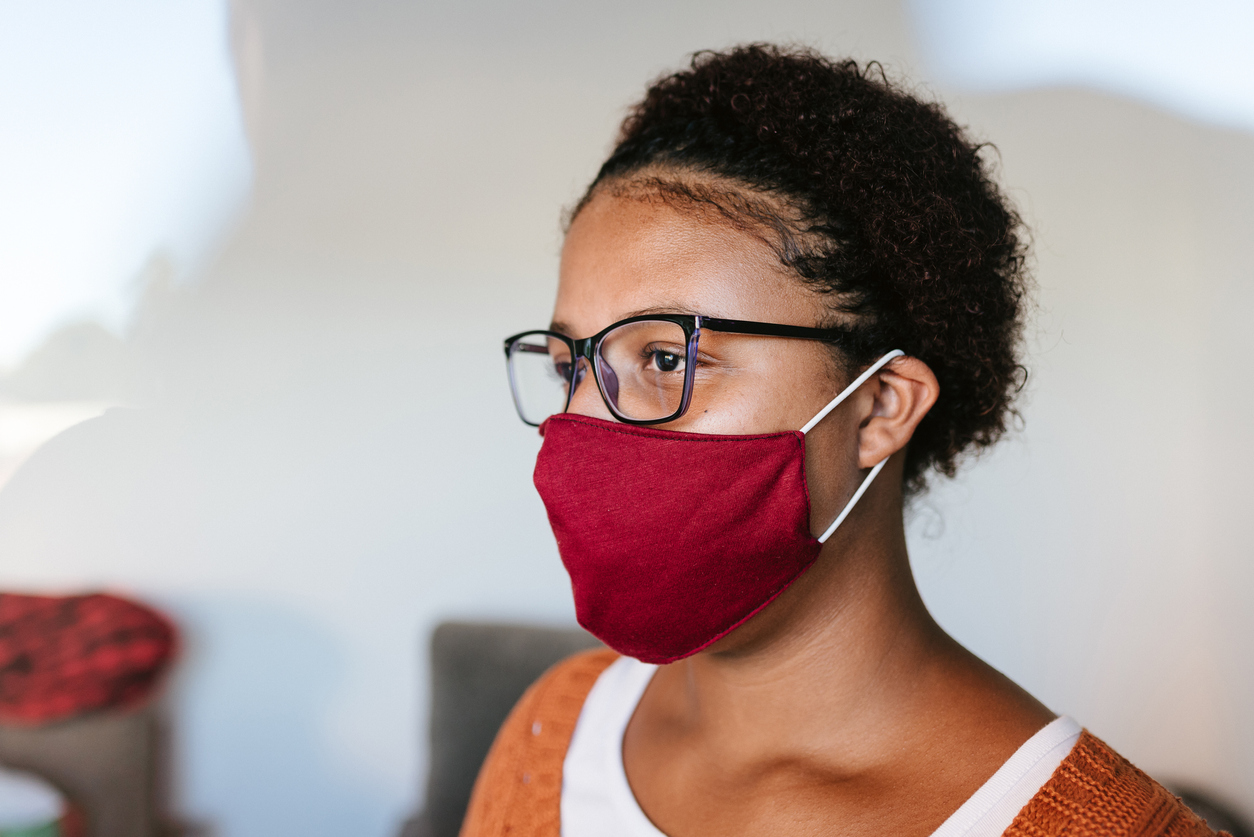
Medical face masks
Medical face masks, which include surgical masks and respirators, offer great protection, but they should only be used by healthcare workers, emergency service workers and those who work in other industries where a face mask must be worn.
This is because supplies of these masks are limited. When members of the public use them, they reduce the number available to those who need them to stay safe at work.
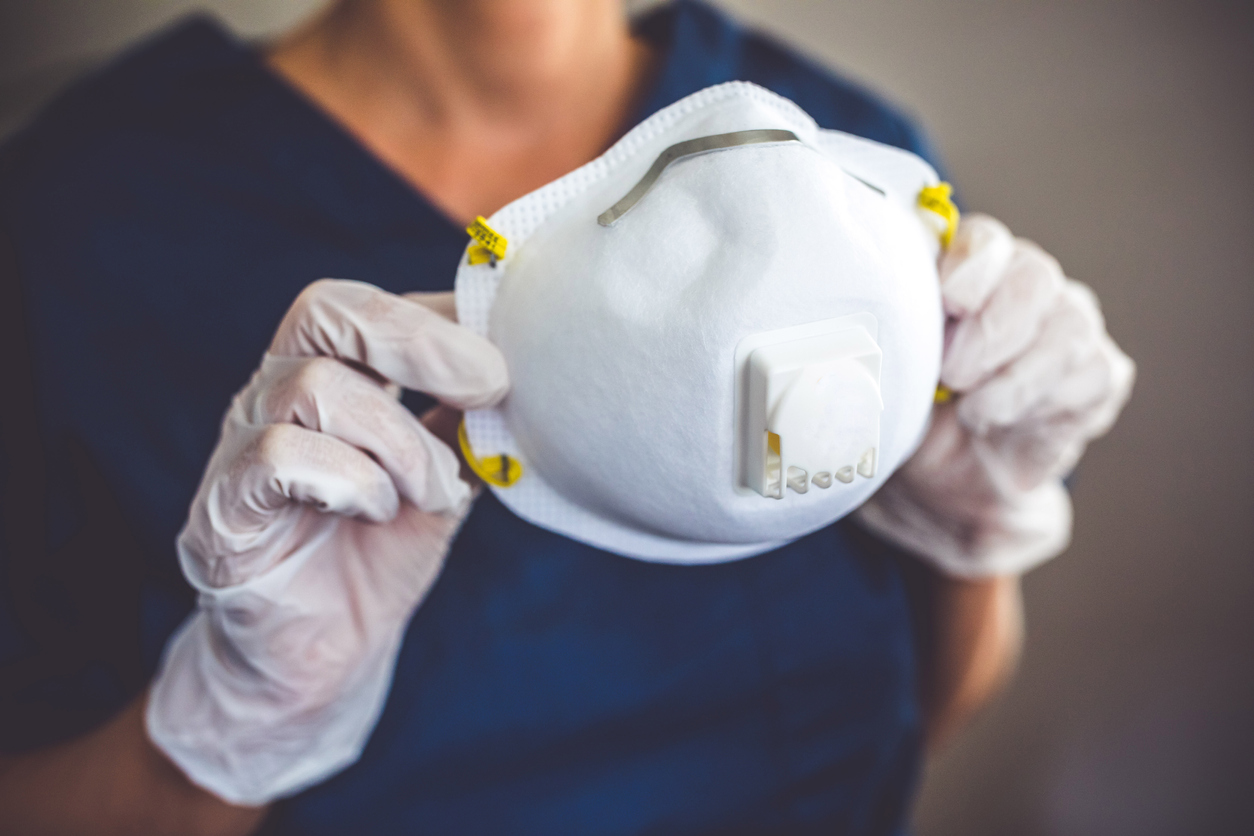
Respirators (N95)
Respirators are medical devices that can prevent 95% of particles in the air from getting through. They're typically worn by frontline healthcare workers, and those in the building and farming industries.
Studies suggest that respirators offer better protection for wearers than surgical masks — if worn properly.
Medical workers who wear these must first have a ‘seal test’ to make sure the device is tightly sealed around the nose and mouth.
Ideally, a respirator should be thrown away after use, and should not be reused or shared with others.
Respirators are approved for use as medical-standard personal protective equipment (PPE).

Surgical or medical masks
Surgical face masks can be worn by patients, as well as healthcare and emergency service workers.
These masks sit more loosely on the face, but they’re generally safe for use when caring for patients.
Wearing a surgical mask will help protect you from larger droplets or splashes. It will also help prevent you from spreading larger droplets to other people.
However, a surgical mask won’t stop you from breathing in smaller, potentially harmful particles in the air — you would need a respirator to achieve this.
Surgical masks are disposable and should be thrown away after a single use. Like respirators, they’re also classified as medical-standard PPE.
Key points:
- many governments are asking people to wear face coverings in public to help reduce the spread of coronavirus
- a face covering helps to prevent the spread of droplets that are released from your nose and mouth when you talk, sneeze, laugh or cough
- a cloth face covering or mask is recommended for use when in public
- you can make your own face covering or buy a fabric mask from many stores
- if you aren’t a healthcare professional and frontline health workers, you should leave respirators and surgical masks to be used by those who are
*In some cases, Healthily may benefit commercially from promoting third-party health products and/or services. Healthily is not liable for products and/or services provided by third parties.


